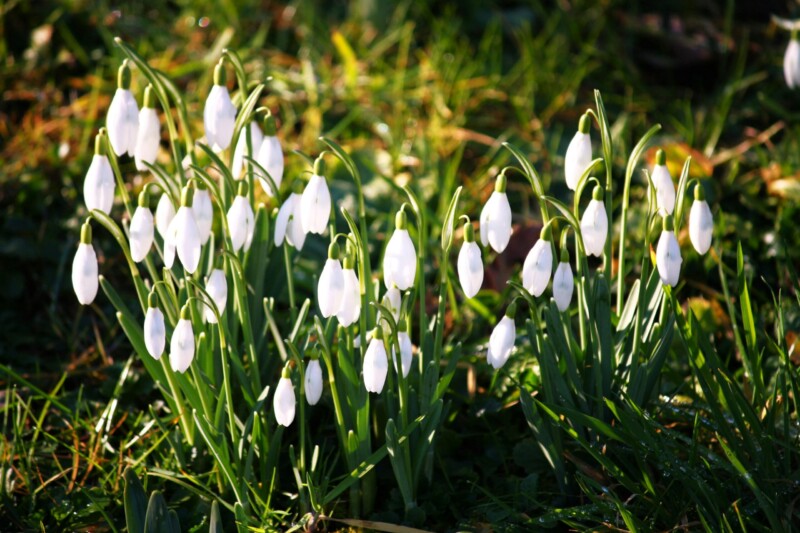Blog
NEWSLETTER February 2025
Posted on February 19, 2025

Ebooks
In the last few weeks, I’ve made arrangements for the two most recent books to be available as E-books at a price of £4.99 to read from the screen – better for those of us with fading eyesight.
For quick access:
If you have any difficulty ordering my books, please let me know and I will chase it up. I have now been diagnosed with the macro-degenerative condition in my left eye and am having regular injections, so may soon be very grateful for this option.
Chalk Stream Books
Located beside the Upper Avon at Lower Woodrow, in a beautiful setting hidden away from the hurtling traffic along the main roads leading to Salisbury, Duncan Potter has now published my second book, The Lonely and The Brave, written in admiration of the founding generation of Western Australia.
Printed books are available on-line from chalkstreambooks.com/product/the-lonely-and-the-brave/ though it can be ordered through your local bookshop using the ISBN number 978-1-917056-08-3. The recommended retail price is £9.99 or it can also be purchased direct from Foxhangers by email, at colin@foxhangers.co.uk The price is £7.00 plus £2.10 post & packing (U.K. only) if this is required.
After fifty years the convict settlements of New South Wales and Tasmania had fallen into disrepute and gained a deserved reputation for brutality. So, what persuaded these brave settlers to travel 12,000 miles from Southampton? Captain James Stirling had promoted the concept of a free settlement located on the west coast of Australia with good access to the Dutch East Indies, India and the Cape of Good Hope; the tempting offer of freehold land to the first settlers created immediate interest in England where land ownership was already restricted. But too many people had arrived too soon for the tiny administration.
The Dobinson family however, arrived five years later when the towns of Fremantle, Perth and Guildford along the main river were taking shape, but all the best land had been taken. In time they found an abandoned settlement on the south coast. Their adventurous story paints a picture of the earliest years, the building of the first stone church, shipping cattle to Fremantle on small boats and the vital importance of an organised post office for daughters anxious for news of families so far away.
The War Ag Story
Also published by Chalk Stream books, Second Revolution is a story of two young brothers taking a farm in 1929 when British farming was in ruins and there were no hopes of recovery. They just had to hang in there, spend nothing and build up the small herd of cows; survival plan number one. And in the end, it worked. The two brothers later took a larger unwanted farm in the Blackmore Vale, then came the war with Home Guard duties alongside twice daily milking, swiftly followed by the War Ag wanting to plough up their best meadow to grow wheat.
The compulsion to grow more food while submarines caused havoc in the Atlantic, triggered an attitude of mind in complete contrast to the survival mentality during the depression, and this carried through to peacetime. The War Ag was replaced by the National Agricultural Advisory Service and a new generation of farmers were introduced to an age of high productivity farming.
Printed books are available on-line from chalkstreambooks.com/product/the-lonely-and-the-brave/ though it can be ordered through your local bookshop using the ISBN number 978-1-917056-08-3. The recommended retail price is £9.99 or it can also be purchased direct from Foxhangers by email, at colin@foxhangers.co.uk The price is £7.00 plus £2.10 post & packing (U.K. only) if this is required.
Readers’ Reviews
“I have read the first part of Second Revolution, 1929, without hardly taking a breath, it’s so real, I feel I’m in the story with them, I can smell the hay, the cows, the milk. It is so descriptive, well done, I love it.”
Fiona Rivers, Wiltshire.
“What a delightful story, about two young brothers, Sidney and Dick, and their families. To those of us born after the Second World War, it shows how hard farmers had to work, and for such long hours, to keep their financial heads above water. But there are also some lovely summer days, and it is all told with great insight into their lives, through the war and beyond. The use of local places is as interesting as the descriptions of working in Canada and Australia. “
Pam Canter, Wiltshire.
“Starting with the chapters “1929 Unwanted Farms at Any Price”, my late father’s view that during this pre 2nd World War period the “farmers were as poor as Church mice”. Every summer he and his brothers stayed with their uncle at Baddy Marsh, a small, rented farm near Much Cowarne in the hop producing area of eastern Hereford. The farm clearly did not pay very well as the uncle supplemented his income with contracts for Hereford CC, using his own horse and cart to bring road stone south from Clee Hill. In chapter 13 I was interested in the work of the War Agricultural Committee and will try and look on the internet for the “Individual Farm Census of June 1941”. In chapter 21 describing the “farm limitations”, I remember we also had no connections to mains water and electricity”, I also remember “devouring the Farmers Weekly avidly”, absorbing the latest technical innovations like the second hand Fordson Major. I was even given, as a Christmas present, a grey Ferguson model tractor kit to be glued together.
A very informative read and I look forward to reading King’s Mercy.”
Edward (Eddie) Thomas
Retired Civil Engineer, Swindon
I will be delighted to read all comments and opinions of my books and aim to show a selection in this newsletter. Please feel free to express your views – I promise not to be offended.
Best wishes to you all,
Colin Fletcher
